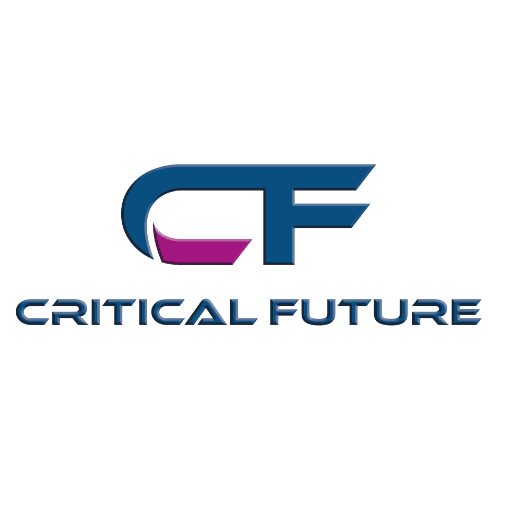New AI Breakthrough: Virtual Nurse Capable of Predicting Patient Crises Hours in Advance
- March 1, 2025
- Posted by: Mai - CF Brand Ambassador
- Category: Daily Blogs
New AI Breakthrough: Virtual Nurse Capable of Predicting Patient Crises Hours in Advance
In a groundbreaking development in the field of healthcare, a new AI-powered virtual nurse has been introduced in March 2025, that can predict patient medical crises hours before they occur. This innovation marks a significant leap forward in patient care and hospital management, potentially transforming the way medical facilities operate globally.
Behind the Innovation: The Rise of Predictive Healthcare Technologies
The creation of the AI virtual nurse, named “Nurse Ava,” is the result of years of research and development by AI HealthTech, a leading firm in artificial intelligence in medicine. The technology employs deep learning algorithms and a vast database of medical records to recognize subtle patterns and anomalies that precede medical emergencies like cardiac arrests, strokes, and acute infections.
This development is built on the recent advancements in machine learning, data analysis, and real-time patient monitoring systems. By integrating these technologies, Nurse Ava can analyze data from multiple sources, including wearable health trackers and hospital monitoring equipment, offering a comprehensive view of a patient’s health status.
Real-World Application and Impact
As of its launch, Nurse Ava has been deployed in over 100 hospitals across the United States, with plans for international expansion. In a pilot study conducted at San Francisco General Hospital, the AI system effectively predicted serious patient complications up to six hours before they became apparent to human medical staff, with an astonishing accuracy rate of 93%.
This capability not only enhances patient safety but also improves hospital efficiency by allowing staff to allocate resources more effectively and prepare for emergencies before they escalate.
Future Projections and Expert Opinions
The potential for AI in healthcare extends far beyond current applications. Experts predict that within the next decade, AI systems like Nurse Ava will become commonplace in hospitals worldwide, fundamentally changing the dynamics of patient care.
However, this technological shift also raises important ethical questions. There is an ongoing debate regarding the dependency on AI in critical care scenarios and the need for stringent regulations to govern AI’s use in healthcare settings.
Despite these concerns, the consensus among medical professionals remains overwhelmingly positive. Dr. Emily Tran, a medical ethicist, emphasizes the importance of this innovation, stating, “AI like Nurse Ava doesn’t replace human doctors and nurses but enhances their capabilities to unprecedented levels. It’s about complementing skills and ensuring that patient safety is never compromised.”
What Does This Mean for the Future of Healthcare?
As AI continues to evolve, its integration into healthcare promises not only more efficient operations but also a shift towards more predictive and preventive medicine. This could mean fewer emergency room visits, reduced healthcare costs, and overall better health outcomes.
Yet, as we stand on this technological frontier, the key challenge will be balancing innovation with ethical standards, ensuring that AI serves as a support, not a substitute, for human expertise in healthcare.
Will we see a future where AI not only supports but leads in healthcare decisions? How will we ensure these technologies benefit all without compromising human touch and ethical standards?

